Authors must be full-time Florida residents, except in the Florida nonfiction and visual arts categories, where the subject matter must focus on Florida.
Due to continued COVID-19 restrictions, authors from across the state will be honored this year in a virtual awards ceremony.
Young Children's Literature:Gwen P. Reichert Gold Medal: Queen of Tejano Music: Selena (Little Bee Books) by Silvia Lopez (Miami)
Silver: Feliz New Year, Ava Gabriela! (Albert Whitman & Company) by Alexandra Alessandri (Miami)
Older Children's Literature:
Jean E. Lowrie Gold Medal: Beastly Bionics: Rad Robots, Brilliant Biomimicry, and Incredible Inventions Inspired by Nature (National Geographic Kids) by Jennifer Swanson (Jacksonville)
Silver: The Mathematical Investigations of Dr. O and Arya (Tumblehome, Inc) by Arya Okten and Giray Okten (Tallahassee)
Bronze: DRAGONFLIES: Water Angels and Brilliant Bioindicators (Eifrig Publishing) by Marta Magellan (Miami)
Young Adult:
Gold: It's My Life (Sourcebooks Fire, an imprint of Sourcebooks) by Stacie Ramey (Wellington)
Silver: Dog Girl (Swoon Romance) by Gabi Justice (Safety Harbor)
Bronze: Camper Girl (Regal House Publishing/Fitzroy Books) by Glenn Erick Miller (Naples)
Florida Nonfiction:
Phillip and Dana Zimmerman Gold Medal: The Governors of Florida (University Press of Florida) by Edited by R. Boyd Murphree and Robert A. Taylor (Quincy)
Silver: Florida's Healing Waters: Gilded Age Mineral Springs, Seaside Resorts, and Health Spas (University Press of Florida) by Rick Kilby (Orlando)
Bronze: Jacksonville and the Roots of Southern Rock (University Press of Florida) by Michael Ray FitzGerald (Jacksonville)
General Nonfiction:
Gold: PHARMA: Greed, Lies, and the Poisoning of America (Simon & Schuster / Avid Reader Press) by Gerald Posner (Miami Beach)
Silver: Black Panther in Exile: The Pete O'Neal Story (University Press of Florida) by Paul J. Magnarella (Gainesville)
Bronze: Still Invisible?: Examining America's Black Male Crisis (Inspira Communications) by Elvin J. Dowling (Miramar)
Poetry:
Gold: Love Song to the Demon-Possessed Pigs of Gadara (University of Iowa Press) by William Fargason (Tallahassee)
Silver: Earnest, Earnest? (University of Pittsburgh Press) by Eleanor Boudreau (Tallahassee)
Bronze: Sacrificial Metal (Conduit Books & Ephemera) by Esther Lee (Jacksonville, FL)
Popular Fiction
Gold: Assassin's Strike (TOR/Forge) by Ward Larsen (Sarasota)
Silver: Shadow Ridge (Crooked Lane Books) by M.E. Browning (Stuart)
Bronze: The Key Lime Crime (Crooked Lane Books) by Lucy Burdette (Key West)
Spanish Language:Gold: Parece una república (katakana editores) by Francisco Larios (Miami)
Silver: P (Ediciones Furtivas) by María Cristina Fernández (Miami)
Bronze: Tres semillas de granada. Ensayos desde el inframundo (Vaso Roto) by Rose Mary Salum (Miami)
Visual Arts:
Richard E. Rice Gold Medal: Captivated (Sandpiper Press) by Steve Saari (Sanibel)
Note: No awards were announced this year for General Fiction.
Learn more about the Florida Book Awards.
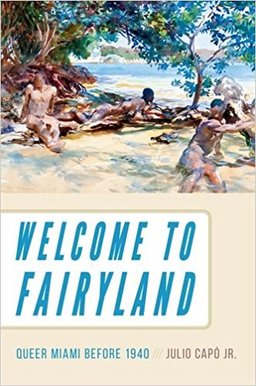
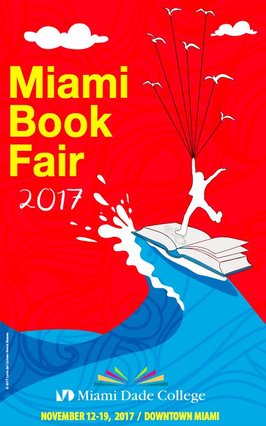
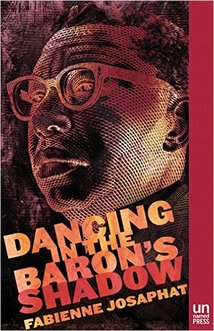
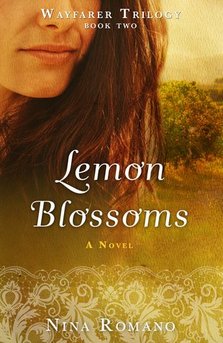
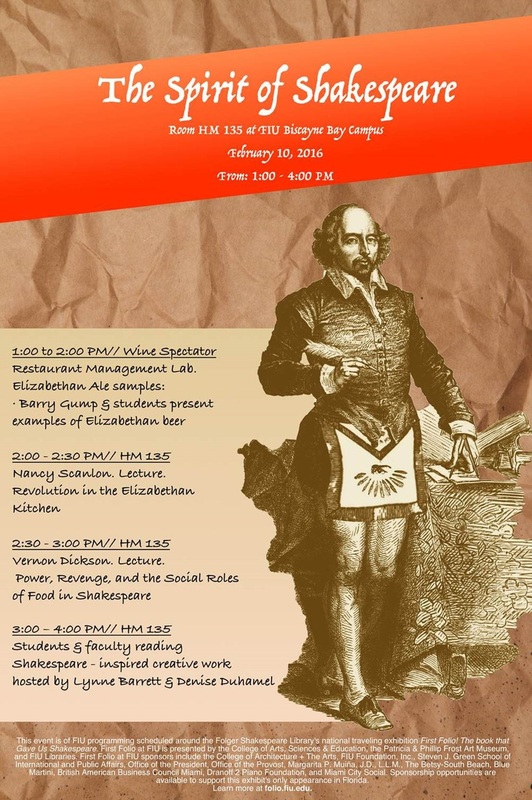
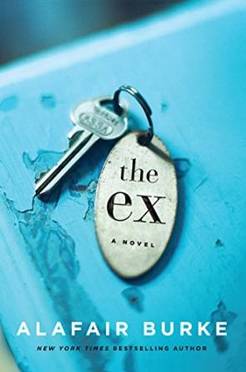
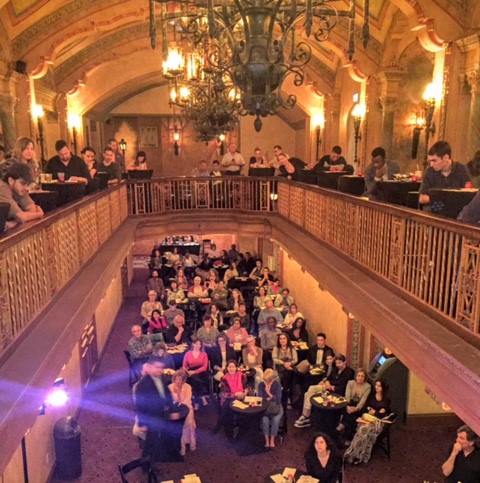
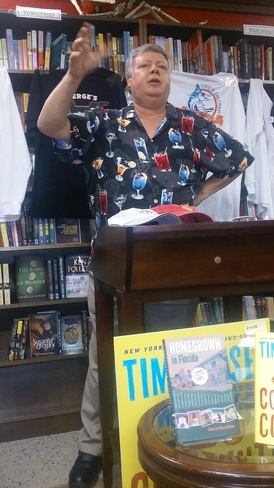
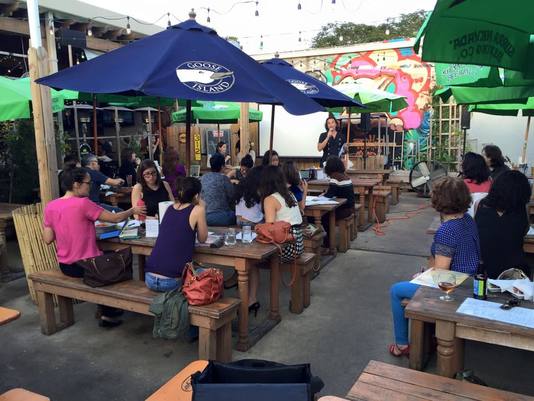

 RSS Feed
RSS Feed